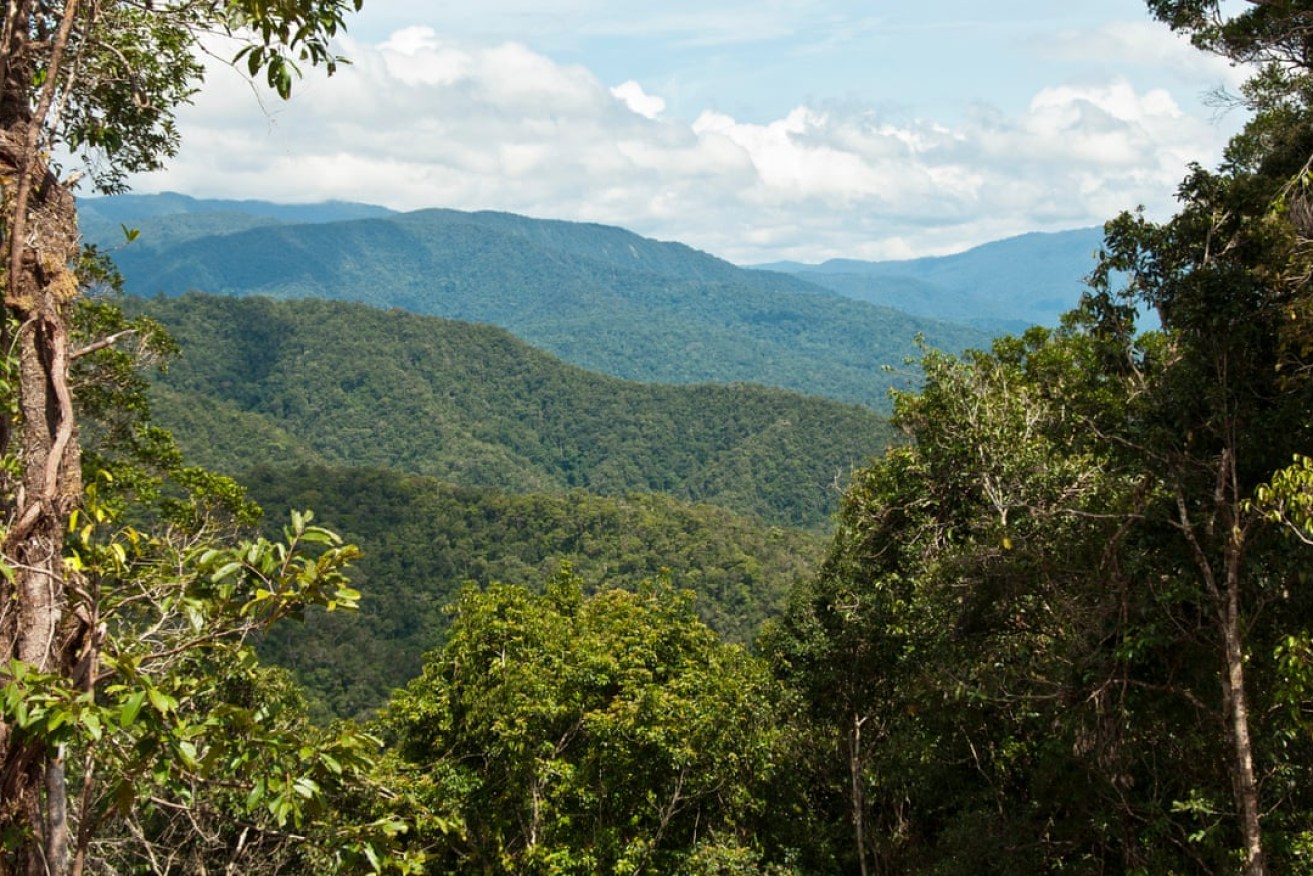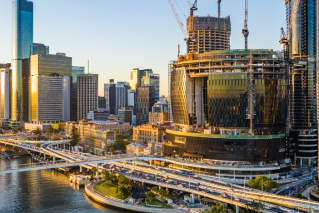PNG rainforest saved in a deal to pave the way for green cement project
Brisbane company Mayur Resources Limited has been granted a concession over 800,000 ha of Papua New Guinea’s pristine rainforest to create a significant carbon sink.


Mayur Resources has struck a deal that saves rainforests
The concession has the potential to expand to 1.4 million ha and under a heads-of-agreement signed with the PNG Government and landowners, the untouched forests will be reclassified from logging into carbon concessions which enables the establishment of a carbon credit estate.
“The reclassification will protect and preserve PNG’s unique biodiversity whilst providing landowners and the PNG Government with the vast majority of net revenues from any future carbon credit trading,’’ Mayur said.
It would also offset the company’s planned cement and limestone project near Port Moresby, which will be carbon neutral when it starts production in 2024. Mayur has a goal to establish a carbon offset portfolio and enter the carbon trading markets.
Mayur Renewables director Sinton Spence said the prevention of logging activities through land use reclassification would preserve endangered pristine and biodiverse forests in PNG and effectively neutralise the emissions from Mayur’s projects.
“This approach displaces costly and environmentally unsound imports whilst creating large scale new green and nation building employment within PNG,” Spence said.
“This not only serves our credentials to be a supplier of choice in the Pacific region for building materials but enables surplus carbon credits to be traded in international markets with the majority of revenues to be distributed to the landowners and PNG Government supporting long-term sustainability and resilience.
“The carbon estates program is expected to have its first project verified within the next 12 to 18 months,’’ he said.
The deal came as researcher in the UK found that carbon capture and storage technology, which was being relied upon by the Morrison Government, must be deployed far more rapidly if it was to have the intended impact.
Published in the journal “One Earth’’, a 10-year study by the University of Edinburgh, the University of Oxford and the University of Strathclyde examined the progress of CCS in addition to all planned projects worldwide, revealing that, although the technology was ready for use, the current rate of construction would only deliver 10 per cent of what is required to reach net zero by 2050.
The authors revealed that the lack of deployment, including the lack of commitment to building projects after 2027, was due to an absence of market price or reward for storing CO2 to benefit the climate.
Urging world leaders to address the issue during the ongoing COP26 event, the team stated that working projects need to be built at 10-50 times the current rate.












